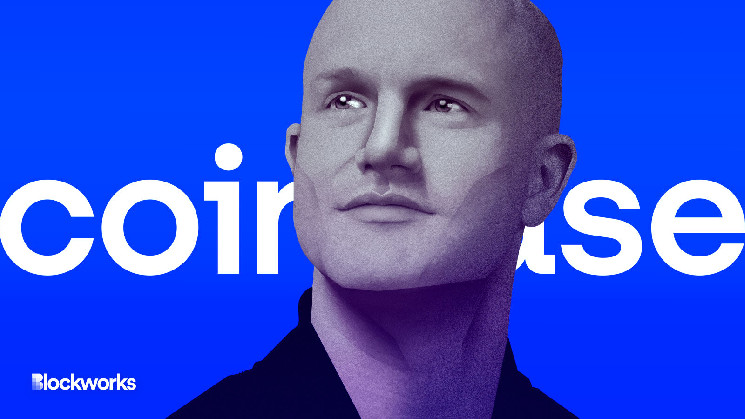When Coinbase CEO Brian Armstrong drafted his not-so-secret “secret master plan” 7 years ago, he divided the company’s mission into four phases, each aiming to onboard ten times the number of people as the one before.
Thus, taking the step from phase 3 to phase 4 involves attracting a billion users, which Coinbase reckons will require a million developers to build all the useful dapps those users will enjoy.
That means bringing a fraction of the 30 million or so Web2 developers worldwide into Web3, which is where Base Camp comes in, according to Jesse Pollak, who leads the protocols team at Coinbase.
Base Camp is an educational platform developed in-house at Coinbase over the past 6 months, which will run on its Base optimistic rollup infrastructure.
Base is currently on testnet, but Coinbase expects to roll out the mainnet version in the coming weeks.
Unlike multipurpose learning platforms such as Coursera and edX, Base Camp will include exercises on chain, providing developers with hands-on experience. At each learning milestone, developers will be issued an NFT badge.
“Earn these badges and show to the broader world that you built this competency as an on-chain developer,” Pollak told Blockworks.
The platform will form a part of the Base developer experience and live within its documentation, but Pollak stressed that it is a full curriculum for Ethereum developers that is just as applicable to any Ethereum virtual machine (EVM) chain as it is to Base.
The program is fully self-guided, so students can pursue it at their own pace, which means it is well suited to current developers who want to hone their skills on nights and weekends.
“The real sweet spot,” Pollak said, is “people who have been engineers and developers, and they haven’t been doing it on chain — writing smart contacts — but they are curious, and they want to learn more.”
A lack of developer tooling remains an impediment to Web3 dapp development, but Pollak said there’s also “a mental model step that folks have to kind of go through.”
“How do you start to put the core state and the core logic on-chain and use this kind of open state machine,” he said, referring to the EVM. “That requires just a new way of thinking, which is almost like a light bulb that has to [be] turned on.”
On-chain development allows software engineers to focus on the core application logic and take advantage of built-in functions of the blockchain, Pollak explained.
“If you want to [make] a payment, you just use the ERC-20 transfer. If you want to know someone’s identity, you just look at their ENS name. So much of the infrastructure [is] already built on this open platform that the leverage that folks can get when they have that light switch moment, I think, is incredibly powerful.”
The project was originally geared toward training Coinbase’s own engineers, to make use of the many years of experience within the organization.
“We’ve spent many years trying to up the level and transform our talent to be more crypto native with an on-chain engineering skill set, and out the other side came Base Camp, which is going to help us do that, but also help the world do it.”
 blockworks.co
blockworks.co
